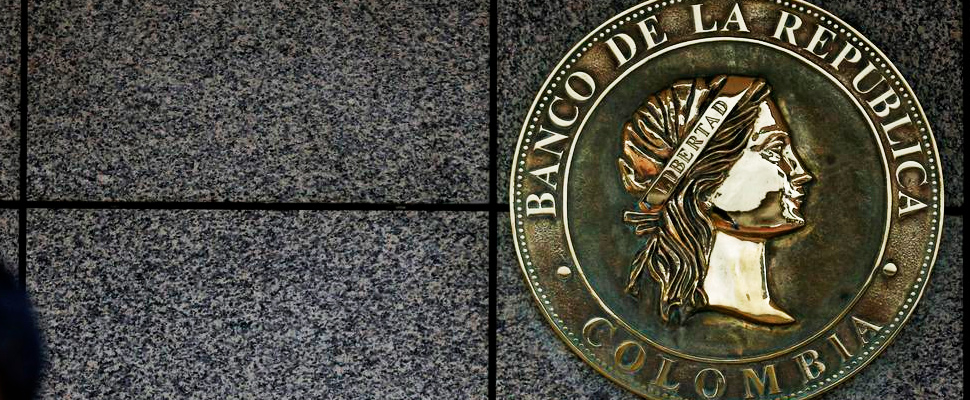Colombia’s President Gustavo Petro rattled markets on Thursday (6).
The peso weakened against the U.S. dollar after Petro proposed introducing a temporary tax to prevent speculative capital outflows and questioned the central bank’s recent interest rate hike.
The Colombian currency closed down 0.68 percent at 4,613.50 to the U.S. dollar on Thursday after falling 1.89 percent the previous day.

The national currency has depreciated 14.26 percent so far this year.
Analysts attributed the currency’s performance to remarks made on Wednesday.
Petro took to “Twitter” to question the central bank’s decision a week ago to raise interest rates by 100 basis points to 10 percent, the highest level since July 2008.
Petro’s remarks came after the National Statistics Office announced Wednesday that inflation was 0.93 percent in September, above market expectations, bringing the cumulative annual rate to 11.44 percent.
“Food prices continue to drive inflation in Colombia, this time less because of international inflation and more because of the floods.”
“Does it help to raise the interest rate to contain inflation: No,” the head of state said on “Twitter.”
Petro argued that the decision would only transfer the global recession to the Colombian economy and affect economic growth and employment.
He also proposed a temporary tax on capital flowing from Colombia to foreign countries.
“The real intention of raising domestic interest rates, contrary to what we are proposing, has to do with avoiding capital outflows due to the rise in interest rates in the United States.’
“That could be avoided with a temporary tax on remittances to swallow capital,” Petro asserted.
He also announced that his government would deepen its anti-inflation policy with structural measures such as tax reform for large fortunes, fertilizer subsidies, agrarian reform, food for poor neighborhoods, and a change in the energy tariff formula.
At least five former finance ministers questioned Petro’s remarks, saying they would unsettle the market and investors.
“This is causing astonishment and confusion in the markets,” said former Finance Minister Juan Camilo Restrepo.
“A president who questions the Bank of the Republic in this way does not go down well in the markets because it undermines the credibility of the country’s economic institutions.”
After last week’s hike, the central bank’s board acknowledged that more rate hikes might be needed in the coming months to bring inflation back to the annual target of 3.0 percent.
Former Finance Minister Juan Carlos Echeverry reiterated that raising interest rates is the only way to fight inflation in the current international environment.
“Let the Banco de la República do what it does; all central banks raise interest rates to bring down inflation. This is painful in the short term, but this is the recipe.”
Analyst and founder of Colombia Risk Analysis, Sergio Guzmán, stressed that while Petro can only change the composition of the central bank board in his second year in office, his remarks pose some political risk in terms of his future decisions.

